For Professionals, By Professionals

Discover ProX PC for best custom-built PCs, powerful workstations, and GPU servers in India. Perfect for creators, professionals, and businesses. Shop now!
SERVICES
WE ACCEPT









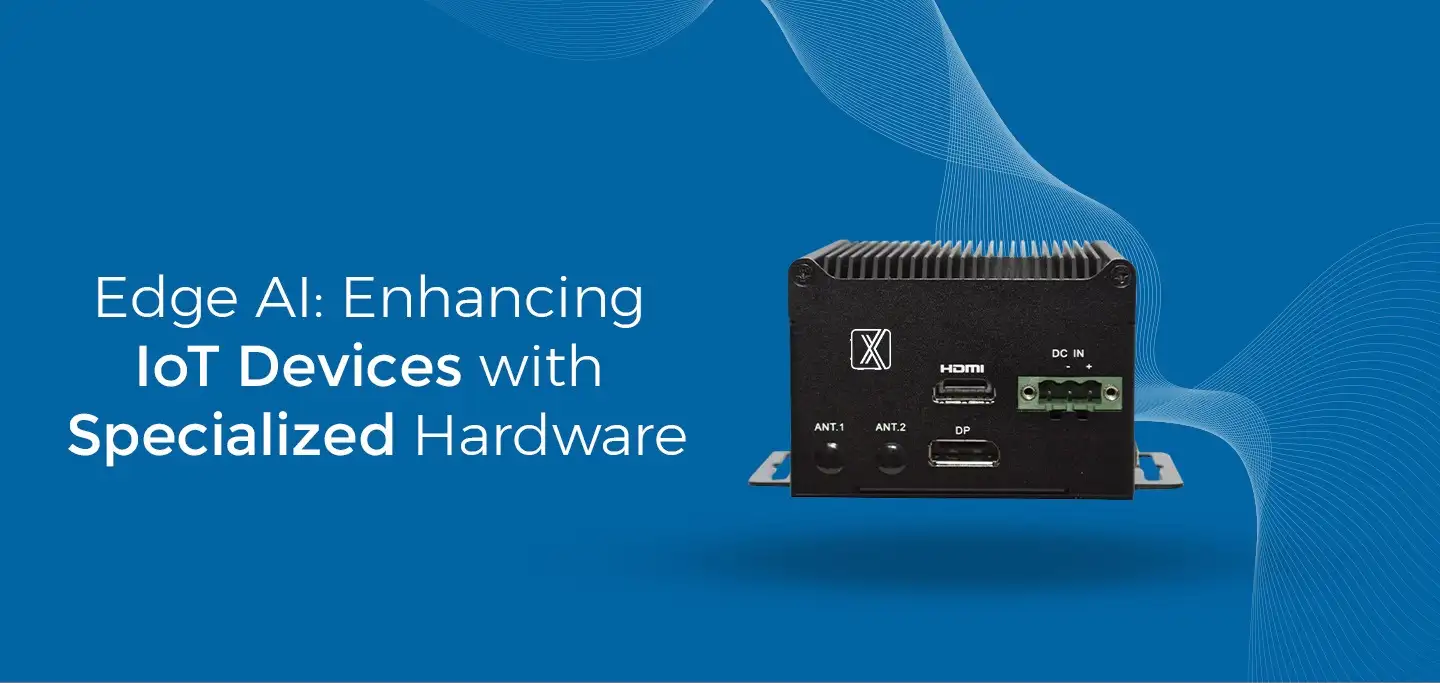
Introduction:
Edge AI is a technology that makes Internet of Things (IoT) devices smarter by incorporating specialized hardware for processing data locally. Instead of relying solely on cloud servers, edge AI enables devices to analyze and act on data in real time, enhancing efficiency and responsiveness.
What is Edge AI?
Edge AI refers to artificial intelligence algorithms and models that are deployed directly on IoT devices or on local edge servers, allowing data processing to occur closer to the data source. This eliminates the need to transmit raw data to centralized cloud servers for analysis, reducing latency and bandwidth requirements.

Benefits of Edge AI:
Reduced Latency: By processing data locally, edge AI reduces the time it takes for devices to respond to commands or make decisions.
Improved Privacy: Edge AI can perform data analysis without sending sensitive information to external servers, enhancing privacy and security.
Enhanced Reliability: Local processing ensures that IoT devices can continue functioning even when internet connectivity is limited or disrupted.
Lower Bandwidth Usage: Transmitting processed data instead of raw data reduces the amount of data that needs to be sent over the network, conserving bandwidth.
Cost Savings: Edge AI can lower the costs associated with cloud computing services by reducing the volume of data transferred and processed in the cloud.
Examples of Edge AI Applications:
Smart Home Devices: Edge AI enables devices such as thermostats, cameras, and speakers to analyze sensor data locally, allowing for quicker response times and improved privacy.
Industrial IoT: Edge AI can be used in manufacturing facilities to monitor equipment health, detect anomalies, and optimize production processes in real time.
Autonomous Vehicles: Edge AI enables vehicles to process sensor data locally to make driving decisions quickly and accurately, enhancing safety and reliability.
Healthcare Monitoring: Edge AI can analyze health data from wearable devices to provide real-time insights into a person's well-being, enabling early detection of health issues.
Retail Analytics: Edge AI can analyze in-store camera footage to track customer behavior, optimize store layouts, and personalize shopping experiences.
Challenges and Considerations:
Limited Processing Power: IoT devices often have limited computing resources, which can constrain the complexity of AI models that can be deployed at the edge.
Data Security: Storing and processing sensitive data locally raises concerns about security vulnerabilities and the potential for unauthorized access.
Model Maintenance: Updating AI models deployed on thousands or millions of IoT devices can be challenging and require careful planning to ensure compatibility and reliability.
Interoperability: Ensuring that edge AI solutions are compatible with diverse hardware and software ecosystems is essential for widespread adoption and interoperability.
Ethical Considerations: Edge AI raises ethical questions regarding data privacy, algorithmic bias, and the potential for unintended consequences.
Future Directions:
Advancements in Hardware: Continued advancements in specialized hardware, such as AI accelerators and low-power processors, will further enable edge AI deployments on IoT devices.
Federated Learning: Federated learning techniques allow AI models to be trained collaboratively across multiple edge devices without centralizing data, addressing privacy concerns.
Hybrid Approaches: Hybrid edge-cloud architectures combine the benefits of local processing with the scalability of cloud computing, offering flexible solutions for diverse IoT applications.
Standardization Efforts: Standardization efforts by industry consortia and regulatory bodies will help establish common frameworks and protocols for deploying edge AI solutions.
Ethical Guidelines: Developing ethical guidelines and regulations for the responsible deployment of edge AI will be crucial to address concerns related to privacy, fairness, and accountability.
Conclusion:
Edge AI represents a transformative technology that brings intelligence to IoT devices by leveraging specialized hardware for local data processing. By enabling real-time analysis and decision-making at the edge, edge AI enhances efficiency, responsiveness, and privacy across various IoT applications. However, addressing challenges related to processing power, security, and interoperability will be essential for realizing the full potential of edge AI in the future. With continued advancements in hardware, software, and ethical guidelines, edge AI has the potential to drive innovation and unlock new opportunities across industries.
For more info visit www.proxpc.com
Edge Computing Products
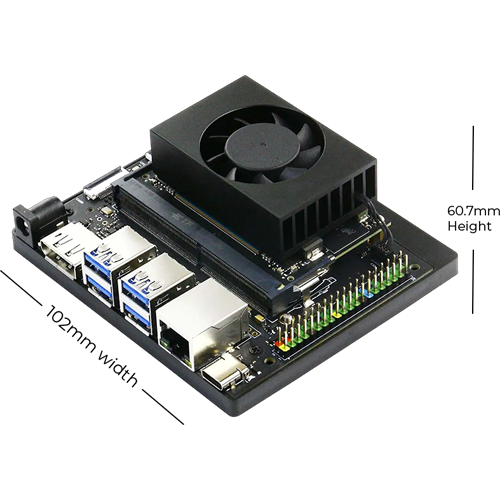
ProX Micro Edge Orin Developer Kit
Learn More
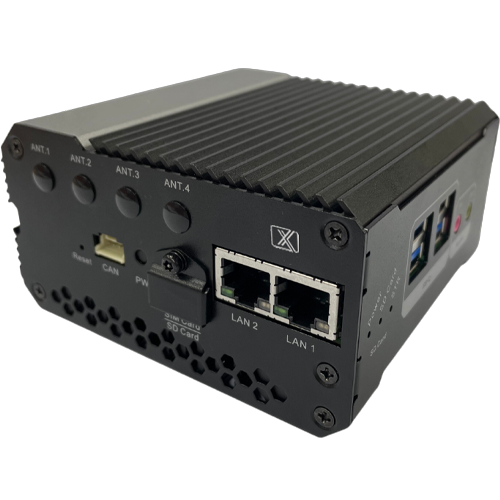
ProX Micro Edge Orin NX
Learn More
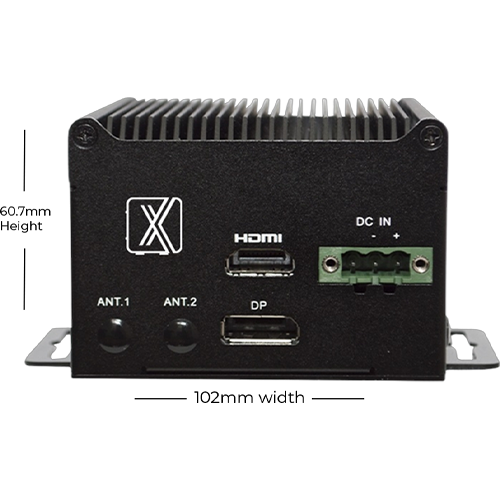
ProX Micro Edge Orin Nano
Learn More
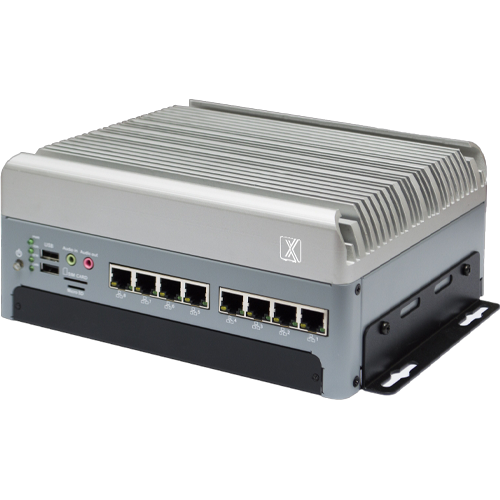
ProX Micro Edge AGX Orin
Share this: